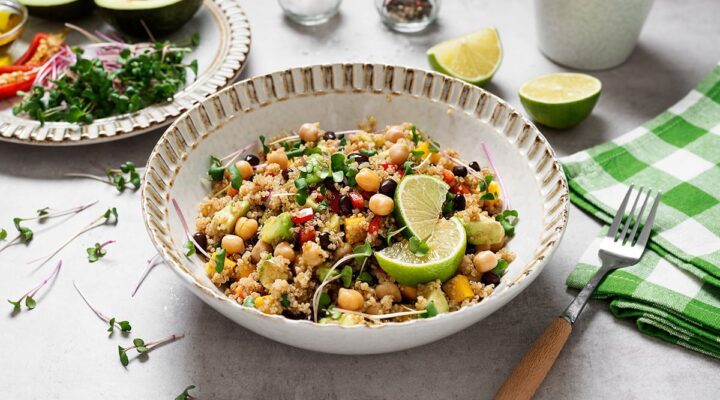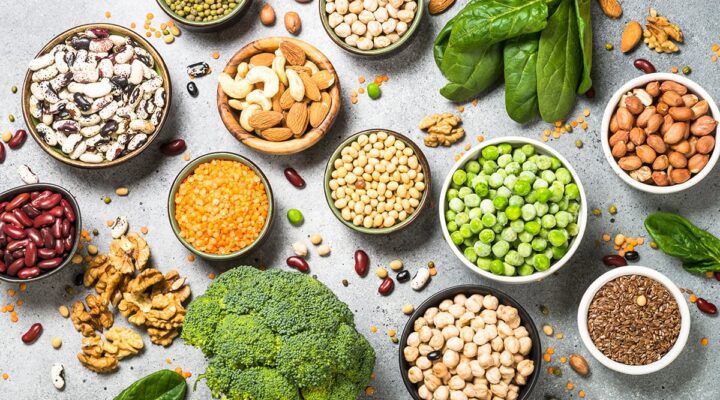Plastic-Free July: 5 Everyday Household Products That Unexpectedly Contain Plastic
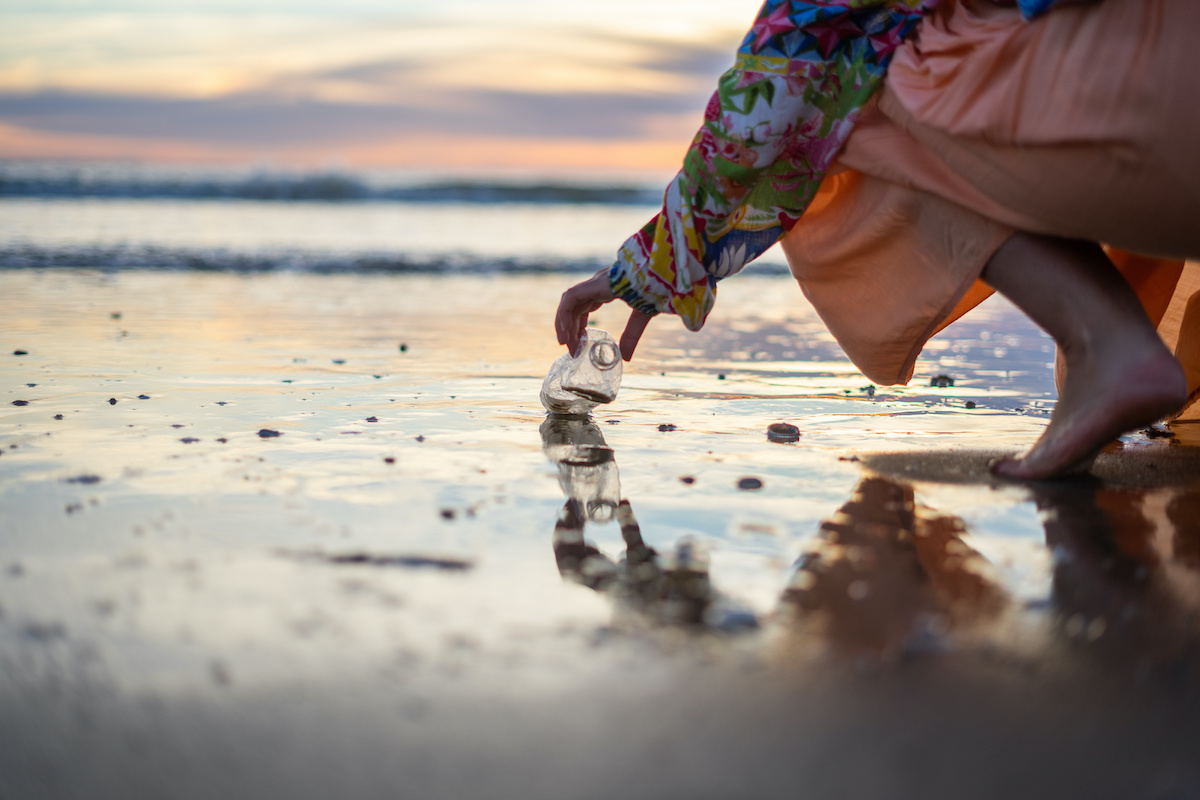
Reducing our reliance on single-use plastic has never been more pressing, with researchers estimating that the production and incineration of plastic will pump more than 850 million tonnes of greenhouse gases into the atmosphere just this year alone.
Throughout this month, people across the globe are taking action by signing up to Plastic Free July, a 31-day challenge which involves consciously cutting down on the number of plastics we individually use. The movement, which originally started in Australia over a decade ago, aims to help people to tackle the issue of plastic pollution on a hyper-local level.
From disposable coffee cups to baby wipes, plastic is found in all kinds of common everyday items – but it’s also hiding in lots of other, less-obvious places too. Here are just a few surprising products that contain plastic polymers, plus some eco-friendly alternatives you can swap them for.
The Everyday Household Products That Unexpectedly Contain Plastic
Tea bags
In Britain, we drink over 10 million cups of tea every single day. Our caffeine fix comes at a high price though as teabags only partly degrade: some are made entirely from nylon while others are heat-sealed using polyethene, a plastic that won’t break down once it ends up in your food waste bin.
Researchers are also concerned that our reliance on teabags could also be causing harm to human health too. A recent study by McGill University found that steeping a plastic tea bag at a brewing temperature of 95°C releases around 11.6 billion microplastics into the water, which in turn, end up in the drinker’s digestive system.
Thankfully, eco-drinkers don’t have to cut out their daily cuppa entirely; just opt for loose-leaf tea and use a reusable strainer instead.
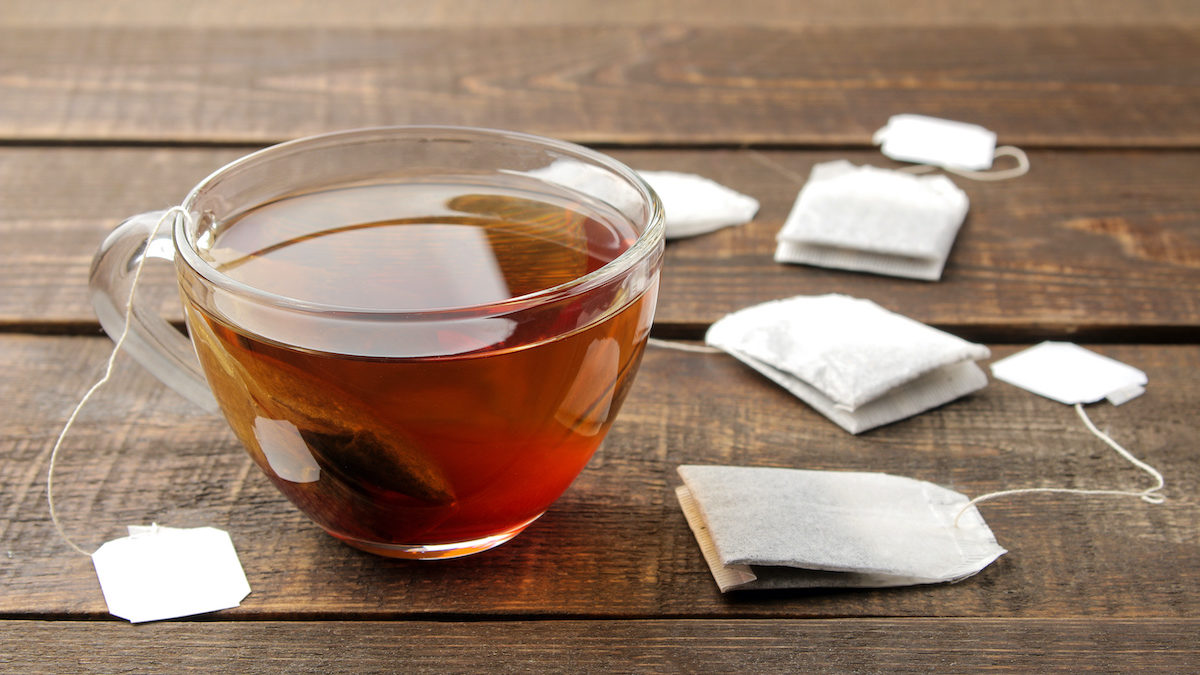
Sanitary pads
In the UK, the disposal of single-use menstrual products generates more than 200,000 tonnes of waste and disposable period pads are easily the worst culprit, containing up to 90 percent plastic.
The good news is that there are now lots of environmentally-friendly alternatives to plastic-filled pads, making it easier than ever to have a low-carbon menstrual cycle. Check out the Saalt reusable menstrual cup and Thinx period-proof underwear, which holds up to 5 regular tampons-worth and can be washed and reused between each wear.
Cardboard drinks cartons
Did you know that cartons of milk and juice are often hiding secret plastics? The Tetra Pak cartons we pick up from the supermarket chillers are made from multiple layers: aluminium, paperboard, and four layers of polyethylene.
As the paperboard layer is what we see on the shelves, we often wrongly assume that our morning OJ or glass of plant milk is entirely biodegradable. In most areas in the UK, you can put your Tetra Pak cartons in the recycling along with everything else, but there’s a carbon-intensive process of separating the layers of plastic, paper, and aluminium.
For a greener alternative, why not try making your own juices and plant-based milks at home, using reusable jars to store them in the fridge.
Workout clothes
The majority of our stretchy and form-fitting gym clothes are made from polyester – a cheap textile that blends well with other fibres. Unfortunately, it’s also pretty energy-intensive to produce, meaning your fitness kit is rarely kind to the environment. When workout clothes are washed too, millions of plastic particles can leach into the water supply, creating further problems for the planet.
The positive news there are lots of new and innovative fabrics that are consciously made from recycled materials, that help to keep our oceans clean and plastic-free. Some of our favourites include Tencel, a fibre made from wood pulp, and bamboo, which is naturally moisture-absorbing, breathable and super soft.
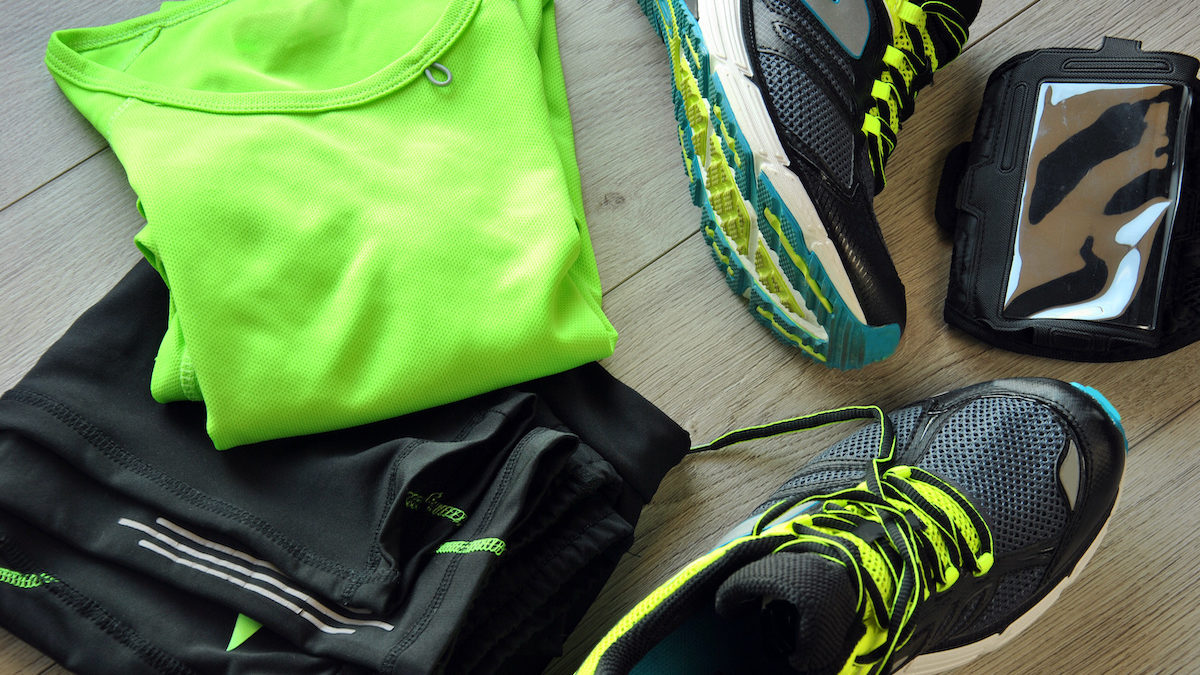
Supplements
Taking a daily multivitamin is an effective way to insure against nutritional insufficiencies that can sap your energy, put a strain on your health and compromise your long-term wellbeing. That said, many of today’s vitamins come packaged in single-use plastic containers, so keeping your cupboards well stocked with a daily supply can quickly compromise your green efforts.
At a bare minimum, it’s a good idea to opt for supplements that are packaged in glass jars rather than plastic like the vitamin jars at Form. Along with recycling them in your green bin, you can also reuse glass vitamin jars to store nuts, seeds, spices, herbs or homemade beauty products.



